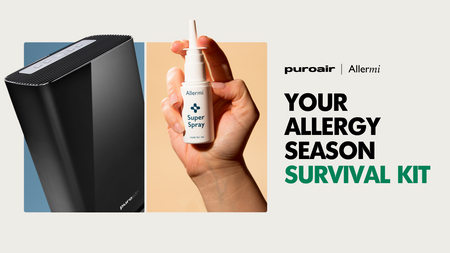Overview:
This retrospective study evaluated 131 patients (ages 6-84) with chronic sinus inflammation who used oxymetazoline nasal decongestant combined with nasal corticosteroids twice daily for 1-23 months (median 4 months). Patients applied oxymetazoline first, remained lying on their back for 5 minutes, then applied the steroid spray. All patients also performed saltwater rinses, with most receiving long-term low-dose antibiotic therapy.
The Takeaways:
- No patients developed rebound congestion (when nasal congestion worsens after stopping the medication) despite extended oxymetazoline use when combined with nasal steroids
- Blood pressure measurements remained stable throughout the treatment period
- Of 29 patients monitored for eye pressure, only 2 showed elevated readings
- Side effects were minimal: temporary headaches in 4 patients and nosebleeds in 7 patients
- The combination therapy demonstrated good tolerability across all age groups over extended periods
Why It Matters: Traditional medical guidance restricts decongestant spray use to 3-5 days due to rebound congestion risk. This study challenges that limitation, suggesting that using nasal steroids together with decongestants may prevent rebound effects, potentially allowing safe extended decongestant therapy for patients with chronic nasal conditions.
The Link to Allermi: This research validates Allermi's approach of combining decongestants with corticosteroids in customized nasal spray formulations. For patients requiring long-term decongestant therapy, this study provides evidence that proper combination with nasal steroids can maintain effectiveness while avoiding the development of medication-related congestion.
For more details, refer to the full study: The Safety And Risks Of Long-term Use Of Topical Nasal Decongestant And Nasal Steroids In The Treatment Of Chronic Rhinosinusitis








